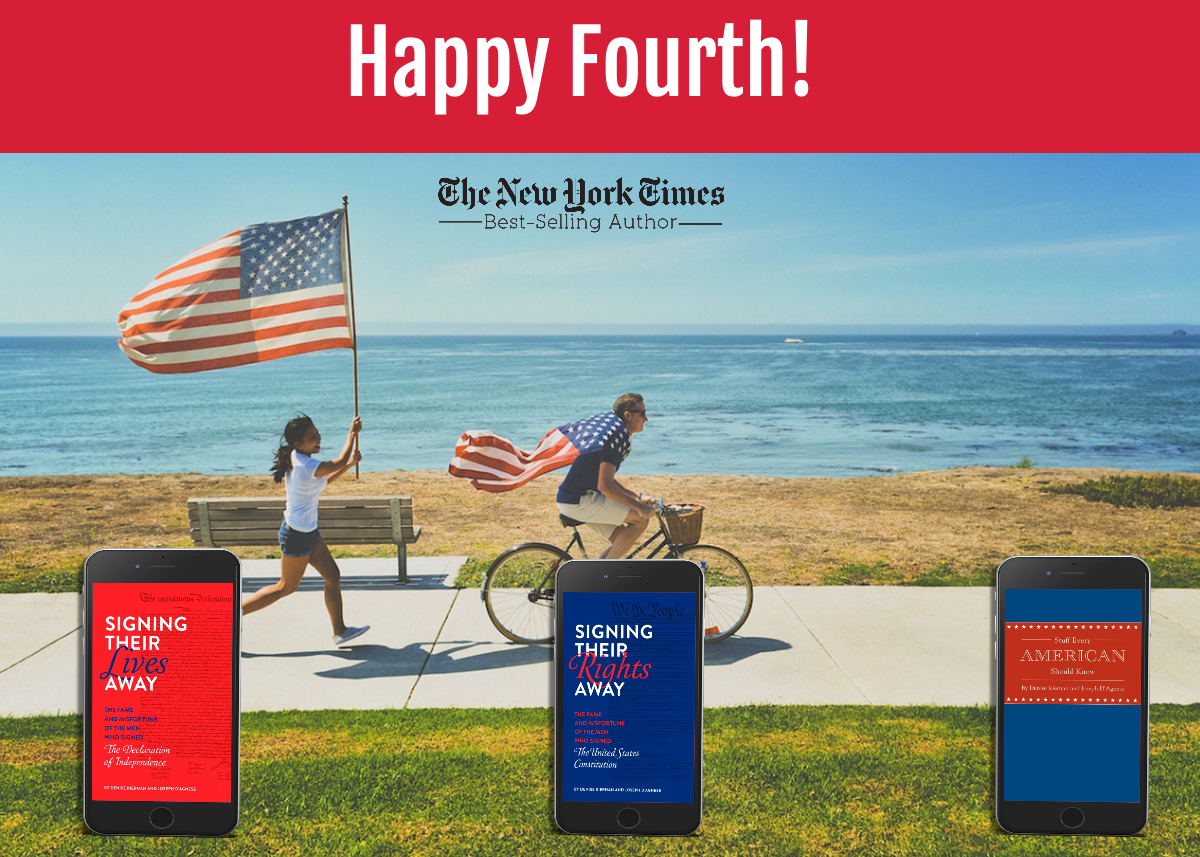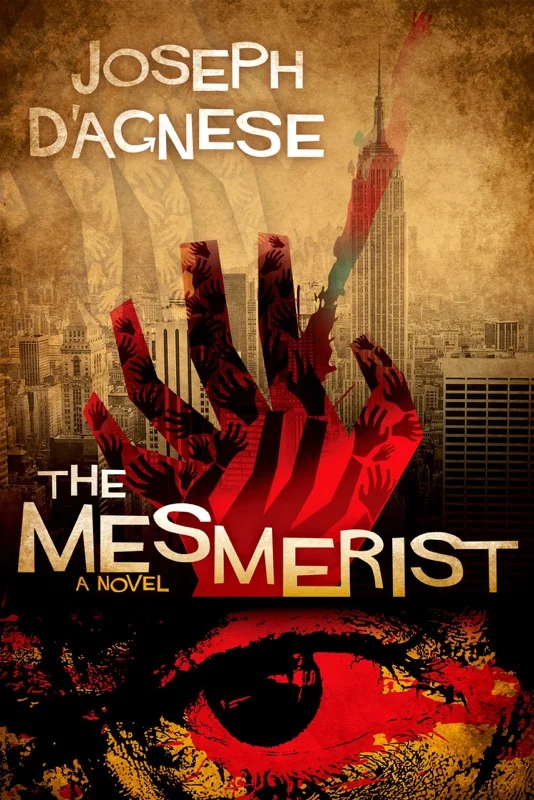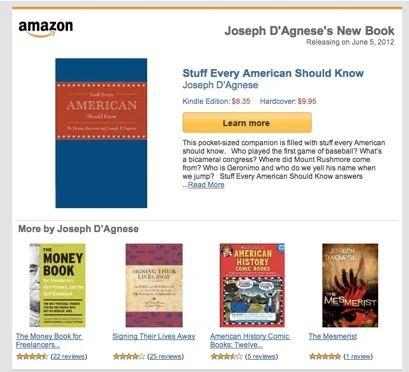The long Fourth of July Weekend feels like a good time to run this essay, which Denise and I wrote for Newsday back in 2012.
The problem with American history is that Americans keep making more of it. Citizens can't really be expected to know it all, right?
At least, grown-ups can't.
It seems clear that Americans expect young people to know the fine points of U.S. history and civics, or else no one would get so up in arms when yet another embarrassing study reveals how few American youngsters know, say, the number of stripes on the U.S. flag. And Americans righteously sneer when Miss USA candidates fail to identify the vice president of the United States.
So, our list is growing: Kids and beauty-pageant contestants should have a good grasp of American history and civics.
And public officials, right? Certainly those who would deign to represent We the People in Congress should know some elementary points regarding American government.
Which is why elected officials, would-be officeholders on both sides of the aisle, and even the media who cover them, who confuse the words of the Declaration of Independence for the U.S. Constitution ought to be ashamed of themselves. (When this happens, we like to say that the person has made a “Declatution” error.)
But Americans tend to go easy on the rest of the populace who aren't children, politicians, bombasts or beauty-pageant contestants. After all, one might argue, in a nation of immigrants, who or what decides what citizens should know about being American?
Well, in no small part, the U.S. Citizenship and Immigration Services, an agency of the Department of Homeland Security, does. Each year, the hundreds of thousands of people -- 694,193 in 2011 alone -- who are sworn in as new Americans are required to take a citizenship test. To prepare, they feverishly cram down 100 factoids. Of those 100, applicants will be asked 10 in an oral exam. To pass, citizen-applicants must answer six correctly.
The questions are challenging. We dare say most "natural born Citizens" -- who, according to Article II, Section 1, of the U.S. Constitution are eligible for the presidency -- wouldn't be able to answer most of them without a refresher course. The questions include: What's the "rule of law"? Name one of the authors of The Federalist Papers. Name two Cabinet-level positions. (Answers: Everyone must obey the law; James Madison, Alexander Hamilton or John Jay; anything from the secretary of Agriculture to the secretary of Labor or the attorney general.)
The resulting irony of the great American citizenship test is that new Americans are often better educated about certain aspects of American-ness than those of us who came by our citizenship the easy way.
Does that matter? Some people would describe such questions as trivia -- good for board games but not really critical for day-to-day participation in American life. And doesn't lobbing trivia at each other kind of, um, trivialize the greatness of the American experience?
Yes and no.
When we do book signings these days, the most enthusiastic visitors to our table are not adults but kids who gleefully announce that they've read our "grown-up" books on the founders and they're excited to know a thing or two about William Floyd or Button Gwinnett or John Morton or Stephen Hopkins, all of whom are largely forgotten signers of the Declaration of Independence.
The parents of these children stand proudly and awkwardly by as we and their progeny talk about how cool it is that the real birthday of United States is July 2, not July 4. How cool is it that George Washington was "president" of the Constitutional Convention, which wrote the framework for our government, and then went on to become the "real" president? The passion of those kids delights us, just as the parting shots of their parents sadden us: "He/she puts me to shame."
We hear you, mom and dad. Once you were that little kid. You dug citizenship, you dug America, but somewhere along the line, it became not so compelling. You, like so many of us, decided that it wasn't important to know the little stuff, anyway. It was more important to get the gist, the broad strokes. When politicians argue about the Constitution, no one expects you to follow them word for word, letter by letter, article by article, right? Isn't it enough to just "sort of" know what they mean and, by extension, to trust that they do?
We beg to differ. As the elections in November near, a lot of insufferable people are going to be telling you what it means to be an American. Don't take their word for it. Arm yourself. It always helps to get out, learn what you can, think for yourself and thus be more properly prepared to peg a blowhard when you hear one.
And in a lot of ways that starts with the geeky stuff. Like, why do we have an Electoral College? And what are the salient differences between our founding documents?
Yes, we know: History is complex, and those deckle-edged books in libraries look so long and tedious. And yes, it takes time to grasp the often complex underlying themes of American history, and to parse the multitude of different interpretations -- but it's always OK to start with the fun stuff. As kids and thousands of new Americans would tell you, what appears to be trivia isn't always trivial. Sometimes, it can be a gateway to deeper learning. It pays to take some time to get to know your nation a little better, from the Charters of Freedom to the Purple Mountains Majesty.
So if we may, some suggestions:
Commit to that lifelong learning this Independence Day. Make it fun. When you're slapping burgers on the grill or hoisting a brew, you can be quizzing your brother-in-law on the origins of our bicameral legislature. If you need help finding appropriate materials, let your librarian, local bookseller or your kids guide you. Our great national summer holidays can be a jumping-off point, too: What are the origins of Memorial Day? The Fourth? Labor Day? When do we celebrate Constitution Day? (Yes, people do.)
If nothing else, a commitment to learning about American history will serve you in good stead this election season.
The next time you hear a politician quote from the hallowed Declatution -- "We the people, who hold these truths to be self-evident, as we form a more perfect union to establish life, liberty, and the pursuit of happiness . . . " -- instead of thinking to yourself, "Yeah, I sort of get what you mean," you'll think, "Nice try, buddy -- you sort of won't get my vote until you work harder."
Flag and bicycle photo by @frankiefoto via Unsplash; modified via Book Brush.
Yes, I am trying to post here more often. Thank you for noticing. If you want to sign up for my newsletter and claim your collection of free ebooks, go here. Thanks!










